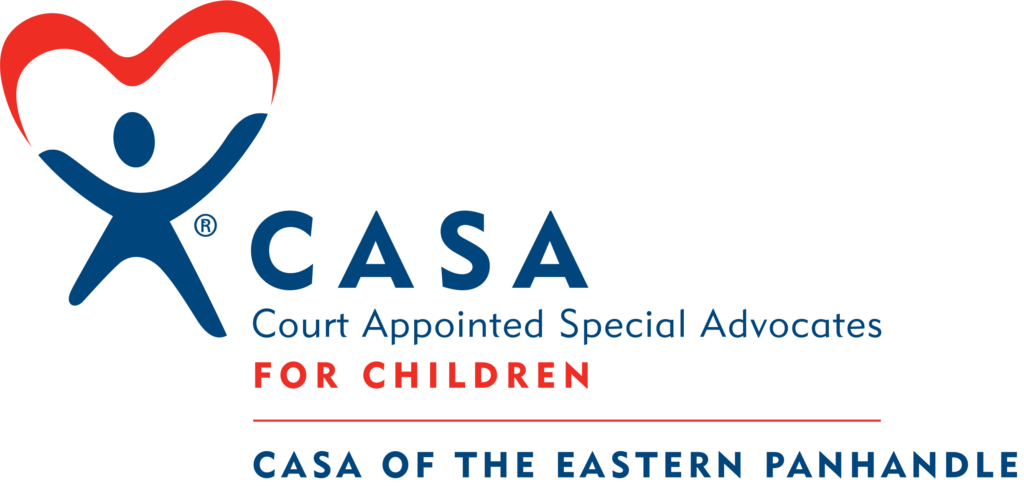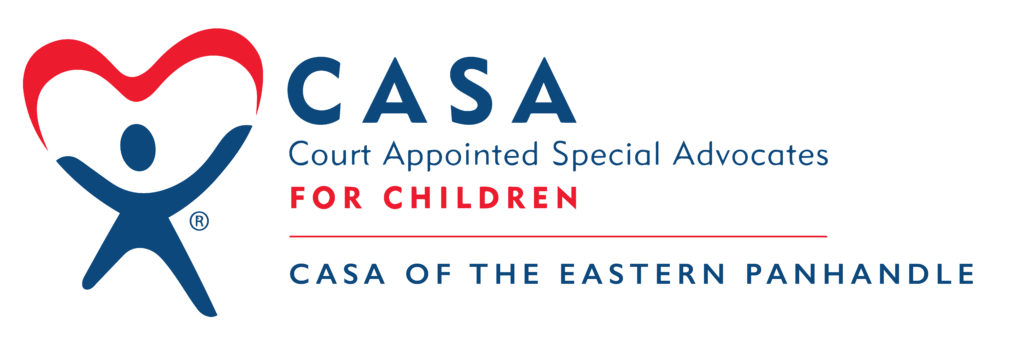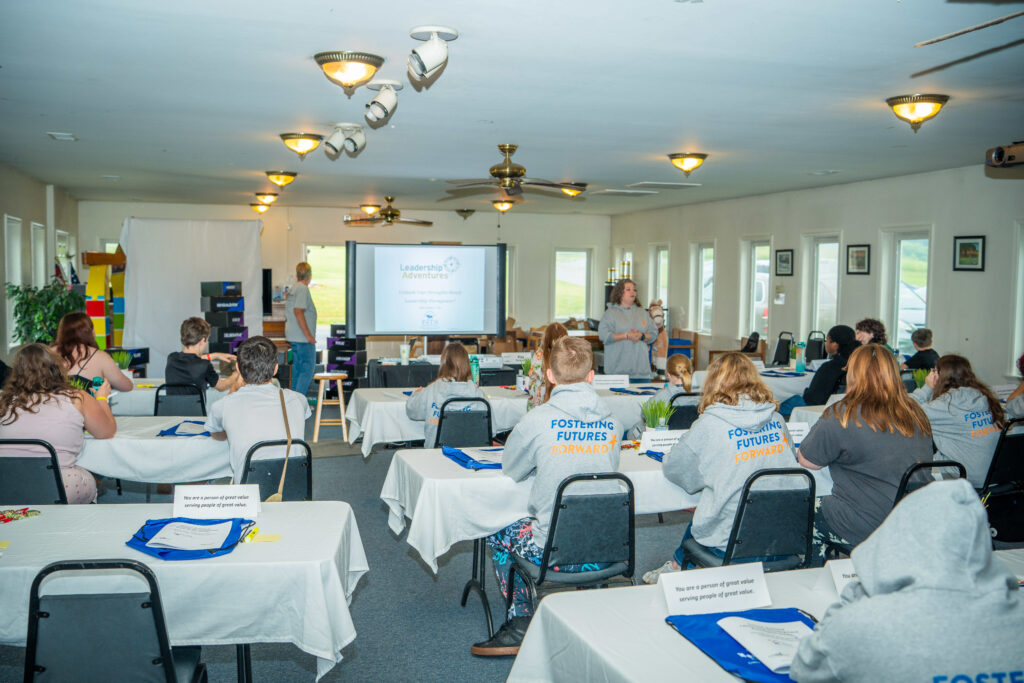For young people in foster care, the path to adulthood is often filled with uncertainty—and very few safety nets. The transition out of care can be overwhelming without the support, resources, or guidance that many of their peers take for granted.
At CASA of the Eastern Panhandle, we believe that when the court case ends, support shouldn’t. That’s where Fostering Futures comes in—a comprehensive, long-term initiative designed to prepare youth for adulthood with confidence, connection, and community.
What Is Fostering Futures?
Fostering Futures is CASA-EP’s expanded focus on older youth (typically ages 14–21) who are preparing for or already experiencing life beyond the child welfare system. Built around advocacy, mentorship, life-skills development, and real-world exposure, the program aims to help these young people thrive—both during and after foster care.
From college and career planning to social-emotional support and trusted adult relationships, Fostering Futures creates meaningful interventions that improve outcomes and open new possibilities.
Why It Matters
Youth aging out of foster care face staggering statistics:
- 1 in 5 will become homeless within a year.
- Only about 50% will graduate from high school.
- Fewer than 3% will earn a college degree.
- Many will face unemployment, unplanned pregnancies, or involvement in the justice system.
But with long-term advocacy, connection, and mentorship, these outcomes can change.
Key Components of the Program
Fostering Futures isn’t a single event or one-time initiative—it’s a layered approach to holistic youth development. Here’s how we show up:
Mentorship
Fostering Futures connects youth with trained adult mentors who help build consistent, safe relationships—something many youth in care rarely experience. Mentors serve as sounding boards, life guides, and trusted supporters outside of the court system.
Advocacy
Our trained volunteer advocates remain involved in court and community processes, ensuring youth have the educational, medical, and housing support they need while still in care. We also continue supporting some youth even after their cases close, providing essential continuity.
Workshops & Training
CASA regularly hosts training sessions designed to equip youth with practical life skills—financial literacy, job readiness, emotional regulation, internet safety, and more. These sessions are often led by community members and professionals, fostering real-world exposure and trust.
Annual Leadership Summit
One of the program’s most celebrated efforts, the Fostering Futures Youth Leadership Summit is an immersive weekend retreat where youth participate in vision-building activities, career exploration, personal growth exercises, and community connection. The 2025 Summit welcomed more than 20 youth and featured interactive workshops, a career fair, therapeutic equine visits, and vision board creation.
“You could feel how impactful this experience was for these teens—there was real joy, real openness, and a real sense of belonging,” said Moises Cardenas, after documenting CASA’s 2025 Fostering Futures Youth Leadership Summit.
Peer Connection
Many young people in foster care feel isolated or misunderstood. Fostering Futures brings youth together, helping them build friendships, share stories, and discover they’re not alone in their journeys.
Program Goals & Impact
Fostering Futures is designed to:
- Reduce the number of youth who age out of foster care without support.
- Improve youth outcomes in education, housing, employment, and wellness.
- Provide safe, trusted adults to serve as long-term supports.
- Give youth the tools they need to plan and build their future.
We measure success not just in statistics—but in confidence gained, goals set, and relationships formed. The emotional impact is clear, and the community response has been overwhelmingly positive.
How to Get Involved
Fostering Futures wouldn’t be possible without the support of volunteers, donors, mentors, and community partners. You can join this vital effort in several ways:
- Become a mentor and walk alongside a young person as they navigate adulthood.
- Volunteer as a CASA advocate or participate in workshops and summits.
- Donate to support resources like meals, workshops, college kits, and summit materials.
- Spread the word and help us reach more youth and mentors across Berkeley, Jefferson, and Morgan Counties.
Visit our website to get started or learn more.
Together, we are building more than just futures—we are building foundations of trust, belonging, and hope.




